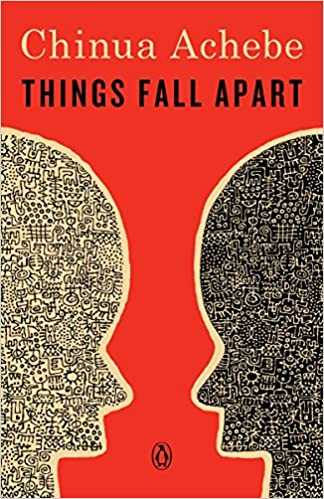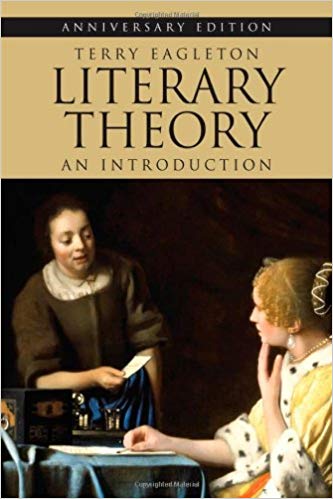M, W 3:30-4:50 pm
LANG 104
Office: LANG 408D
Contact: Masood Raja
Introduction
Salman Rushdie is by far the most prominent and the most controversial British. postcolonial author. This course aims to introduce you some of his major works as well as his short fiction. As a reading intensive course, this course will challenge you to read the three novels while also encouraging you to develop the kind of reading strategies necessary to read Rushdie and other postcolonial authors.
Required Texts
- Midnight’s Children
- Shame
- The Satanic Verses
- Short Stories (handouts)
Course Policies and Requirements:
You are expected to come prepared for class: This involves reading the assigned texts, listening carefully to your peers, and contributing your views in a collegiate and stimulating way. Attendance is mandatory.
Distribution of Points:
Weekly Quiz 100 Points
Group Presentation 300 Points
Class Participation 100 Points
Mid Term Paper 200 Points
Term Paper 300 Points
Total 1000 Points
YOU MUST FINISH ALL MAJOR ASSIGNMENTS TO PASS THE COURSE
Class Participation (100 Points)
As this is a seminar based on a discussion format, your thoughtful participation is essential to the success of the class. I encourage collegiate, open, and thought-provoking class discussions. Remember, we are all here to learn, so let us share our ideas and knowledge to make this class into a dynamic learning experience.
Term Paper: (Guide) (300 Points)
The final term paper will be due on the last day of class. The paper should be 12-15 pages, with a clearly defined thesis and a coherent argument using one or two of the theoretical approaches discussed in class. I would encourage you to choose your topic early and do extensive research. I will be available to assist during all stages of your research and composition process.
Attendance:
You are expected to attend the class regularly. You will be in the danger of failing the course if you miss more than TWO class sessions.
Cheating and Plagiarism:
Cheating and plagiarism constitute fraudulent misrepresentation for which no credit can be given and for which appropriate sanctions are warranted and will be applied.
“Cheat” means intentionally to misrepresent the source, nature, or other conditions of academic work so as to accrue undeserved credit, or to cooperate with someone else in such misrepresentation. Such misrepresentations may, but need not necessarily, involve the work of others. As defined, cheating includes, but is not limited to:
Obtaining or retaining partial or whole copies of examination, tests or quizzes before these are distributed for student use;
Using notes, textbooks or other information in examinations, tests and quizzes, except as expressly permitted;
Obtaining confidential information about examinations, tests or quizzes other than that released by the instructor;
Securing, giving or exchanging information during examinations;
Presenting data or other material gathered by another person or group as one’s own;
Falsifying experimental data or information;
Having another person take one’s place for any academic performance without the specific knowledge and permission of the instructor;
Cooperating with another to do one or more of the above; and
Using a substantial portion of a piece of work previously submitted for another course or program to meet the requirements of the present course or program without notifying the instructor to whom the work is presented.
Presenting falsified information in order to postpone or avoid examinations, tests, quizzes, or other academic work.
“Plagiarize” means to take and present as one’s own a material portion of the ideas or words of another or to present as one’s own an idea or work derived from an existing source without full and proper credit to the source of the ideas, words, or works. As defined, plagiarize includes, but is not limited to:
(a) The copying of words, sentences and paragraphs directly from the work of another without proper credit;
(b) The copying of illustrations, figures, photographs, drawings, models, or other visual and nonverbal materials, including recordings, of another without proper credit; and
(c) The presentation of work prepared by another in final or draft form as one’s own without citing the source, such as the use of purchased research papers
ADA
Please contact me and bring me the necessary documentation if you would like me to make extra arrangements of for any disabilities.
Grading Scale:
A 900-1000
C 739-829
D 600-738
F Less than 600 Points
Discussion: MC


